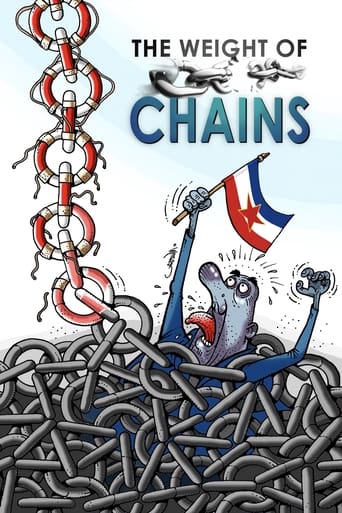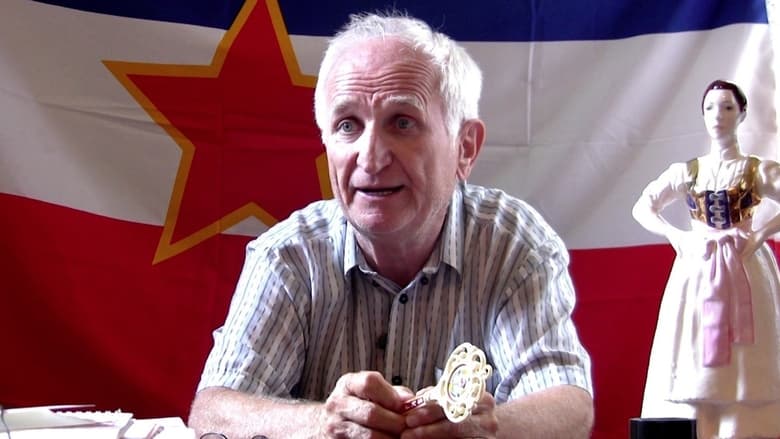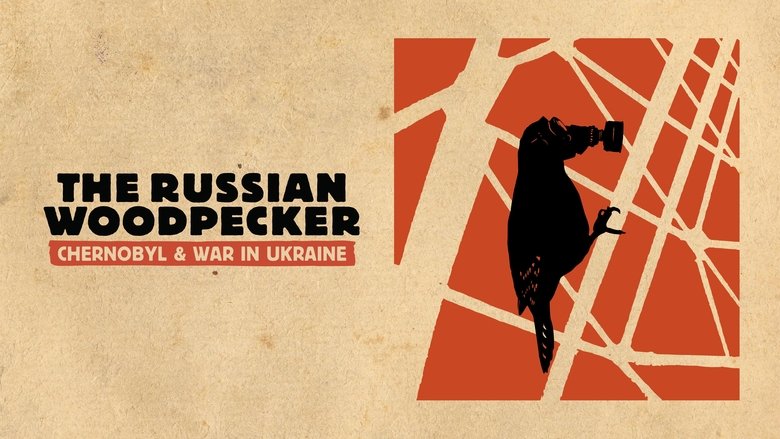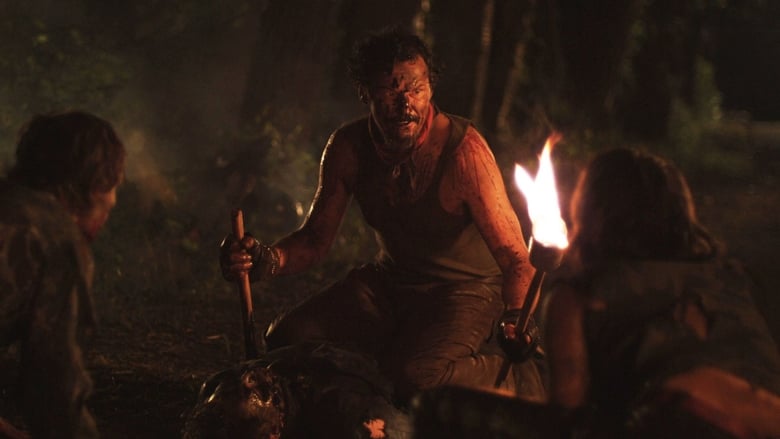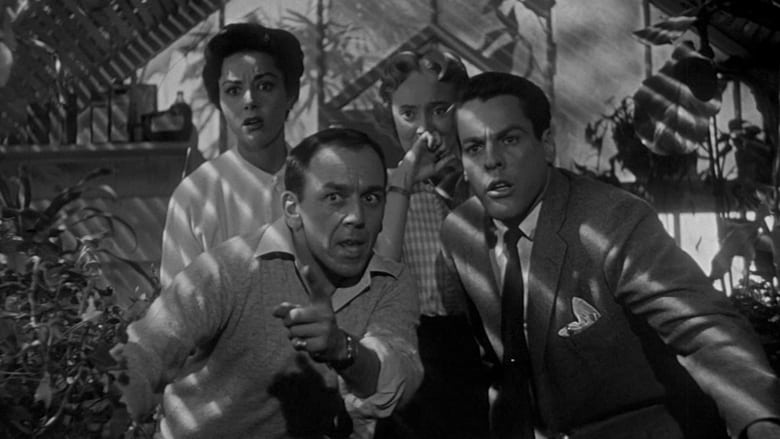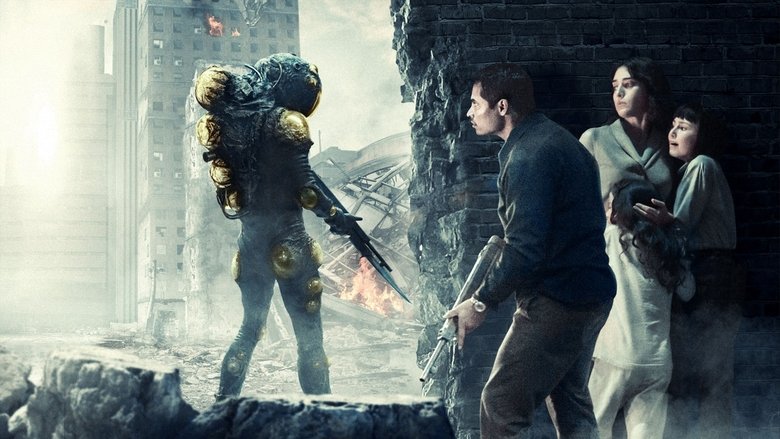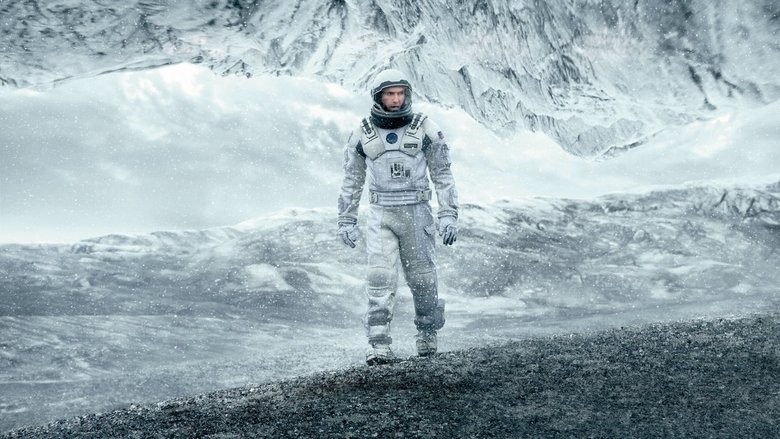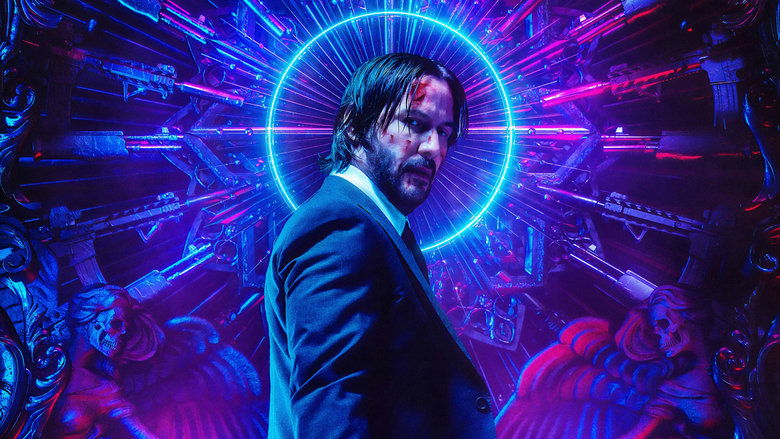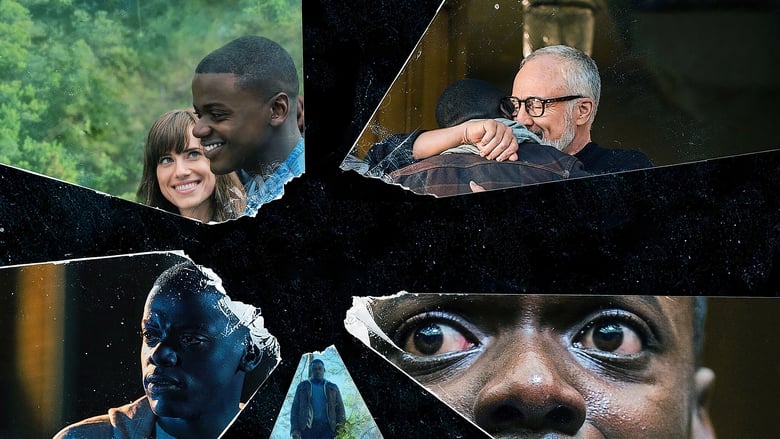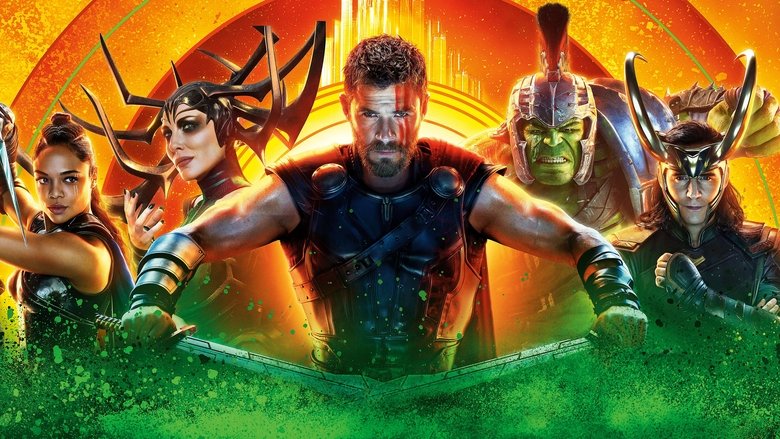The Weight of Chains is a Canadian documentary film that takes a critical look at the role that the US, NATO and the EU played in the tragic breakup of a once peaceful and prosperous European state - Yugoslavia. The film, bursting with rare stock footage never before seen by Western audiences, is a creative first-hand look at why the West intervened in the Yugoslav conflict, with an impressive roster of interviews with academics, diplomats, media personalities and ordinary citizens of the former Yugoslav republics. This film also presents positive stories from the Yugoslav wars - people helping each other regardless of their ethnic background, stories of bravery and self-sacrifice.


Similar titles
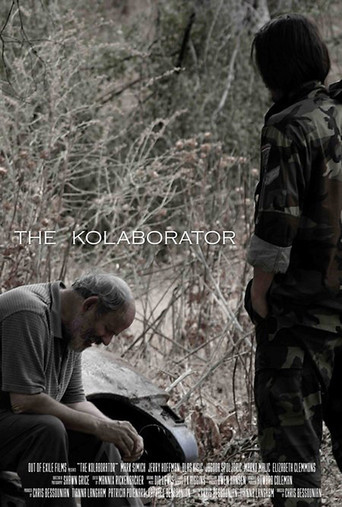

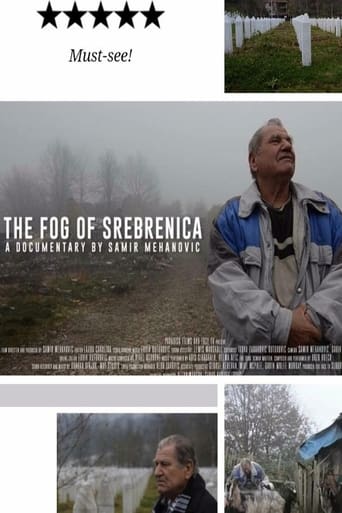
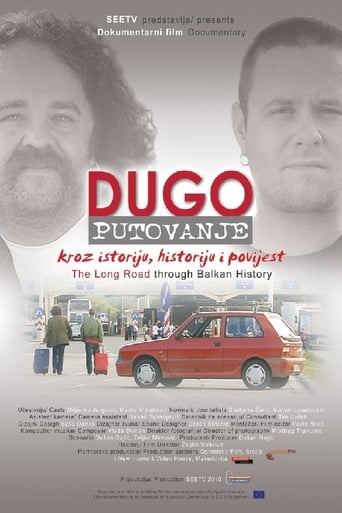
Reviews
As much as people like to hate the U.S. these day I guess someone could blame us for anything. Look, average people in the former Yugoslavia on all sides are mostly good people and everyone has a point of view. Now for the sad part.Tito held on to power in communist Yugoslavia for quite some time. Although he reigned in a communist nation he still managed to maintain Yugoslavia's sovereignty from the USSR. He did so by skillfully playing both sides. He aided the Soviet Union in the invasion of Hungary, but then admonished the Soviets in Czechoslovakia. Yes, Yugoslavia was held together under Tito for a long time. Was Yugoslavia prosperous? Yes. Now let's get to some disagreements. Was Yugoslavia a threat because they were a prosperous communist country ? NO. For one, the U.S., although unsuccessful was actually pretty interested in Yugoslavia BECAUSE they were communists. After WWII the eastern Europeans may not have been happy with the Soviet brand of Communism, but they were pretty happy to have been liberated from the Nazi's. Unless you were polish, then the Nazi's and Communists were not much different. Yugoslavia represented a Communist country that was independent of the USSR, an alternative. The U.S. during Tito's era wanted to use Yugoslavia as sort of a propaganda tool. In fact, much of the reason that Yugoslavia was able to prosper at the time was because the U.S. supplied a lot of aid to keep him from the Soviets, and although he wasn't part of the Soviet's (in fact Stalin wanted him dead) empire, he wasn't completely cutting off communications with them either, so he could reap benefits from them as well. Yugoslavia was kind of a spy center/DMZ type place in Europe which was important during the Cold War.The U.S. wasn't completely cozy with Tito as he sided with Arabs over the Arab-Israeli conflict, but that just adds to the reason the U.S. wasn't responsible for the war. The U.S. wouldn't prod Yugoslavia into a war and side with Muslims, especially when that is the start to the Al Quaeda age, we just pulled out of Somalia, and the first Gulf war had just ended.What really happened is the Dictator Tito ( He was a man of his age in history, and not exactly a good guy or bad guy) died. That is when fractures started to occur and a recession hit. Anytime a man with Tito's power dies, there is going to be a power vacuum (see Iraq and Egypt for proof). Tito held the country together with an iron fist, he had to. His death in 1980 was bad timing. The USSR had invaded Afghanistan which became their Vietnam. The U.S. was pouring money into Afghanistan and the death of Tito left them in doubt of who may come out of their, a nationalist/communist like Tito, a Soviet friendly communist, a Muslim nation, or a democracy? So the U.S. was pumping up the economy. The unrest and uncertainty doesn't make for sound investments. Finally we now know the USSR was on it's final legs financially and at the end of the decade they had to call the Cold War quits. You can throw some of the blame on the U.S. for sure. We did throw some support here and there, but you will find that any country in the world will consider their own interests. You also have to remember that at the time the broken up USSR was selling everything and there was a lot of concerns about nukes floating around which had not only the U.S. and Western Europe afraid, but the Russians as well. The end of the Cold War brought about an economic depression as well because before the end the Cold War had been churning the global economy with a sort of "keeping up with the Jones's" game. The US had a purpose in defeating the Russians and when that stopped a lot of safe guards, aid, contracts etc. came to a halt.I will agree with the movie about Western Europe. Much of Western Europe now thinks they are a bastion of freedom, equality, etc, etc. The problem is they could really care less about anyone or anything. The U.S. got involved BECAUSE other European countries were willing to ignore a genocide in their back yard. President Clinton (who finally sent troops) lists not sending troops sooner as his biggest failure as a President. He wanted very much to let the Europeans take care of their own backyard for once, and they dropped the ball. Today Europe still does nothing for the rest of the world unless you mention Climate Change, because that benefits them economically. I think everyone had a bit of a hand in this, but as always, everyone feels better if they can blame the U.S. for everything.
A potentially interesting subject utterly let down by a very one-sided version of history with little attempts to provide balance.His failure to really engage with the issue of Srebrenica casts doubt on the rest film. Any film about Balkans can not allow this massacre to be swept away by claiming it was "western staged".Anyone who has travelled in the area could not described the EU expansion as simply negative. There are opinions on both side, but broadly people are in favour of the EU.Similarly the narrator's description of Yugoslavia as a paradise is backed up only by a few interviews with elderly people, hardly an endorsement of his argument.
If you judge this film as a rhetorical piece it's a 10 but if you judge it as a documentary it's a complete failure. It deliberately leaves out some facts and after i spotted a few of those i couldn't bring myself to watch the movie with any kind of trust left. As most conspiracy theories the "documentary" oversimplifies the events. For example ... When "explaining" the disintegration of Yugoslavia it fails to mention the power struggle in country's executive council with the Serbs trying to takeover with the help from Kosovo and Vojvodina votes. It never mentions people's wish for democracy after it became evident that the eastern bloc (and its one party rule) is falling apart. It doesn't state how the army (mainly controlled by Serbs) started to violate civil rights. And above all it doesn't take into account people's wish for independence after being governed by a corrupt central government. All of those factors had a significant influence in the whole process. It also fails at geography miserably when it states that the US wanted to "colonize" Serbia to get right on the Russia's border. Well how about Romania, Ukraine, Hungary, Poland etc. that are all closer to Russia. Another piece of manipulation were the interviews from the Slovenian capital Ljubljana where people in the streets were asked if they feel they are better off being a part of the European Union. All of the locals shown say that it's worse now. In reality there are polls that show that at least half of the people in Slovenia still want to be a part of EU even as the crisis started to deepen in the last few years. And i could go on and on ... Indeed i'm focusing more on the failures of the film here but still i'm not saying don't watch it. Just if you do watch it, don't base your image of the events only on this movie. Take it as another point of view and judge for yourself. This BBC documentary series http://www.imdb.com/title/tt0283181/ i can recommend as a much more balanced attempt.
I will be short and say just this: This is the best documentary I ever watched together with Zeitgeist... This is independent documentary about new age colonization, modern slavery, about former Yugoslavia, about moral, about human rights and much much more...Very objective view and honest to the bone! There is a lot of facts instead of propaganda, and positive view with goal to understand, forgive and make peace with everybody. Be honest to yourself and to others.You MUST watch this movie if you want to be responsible citizen of planet Earth...
